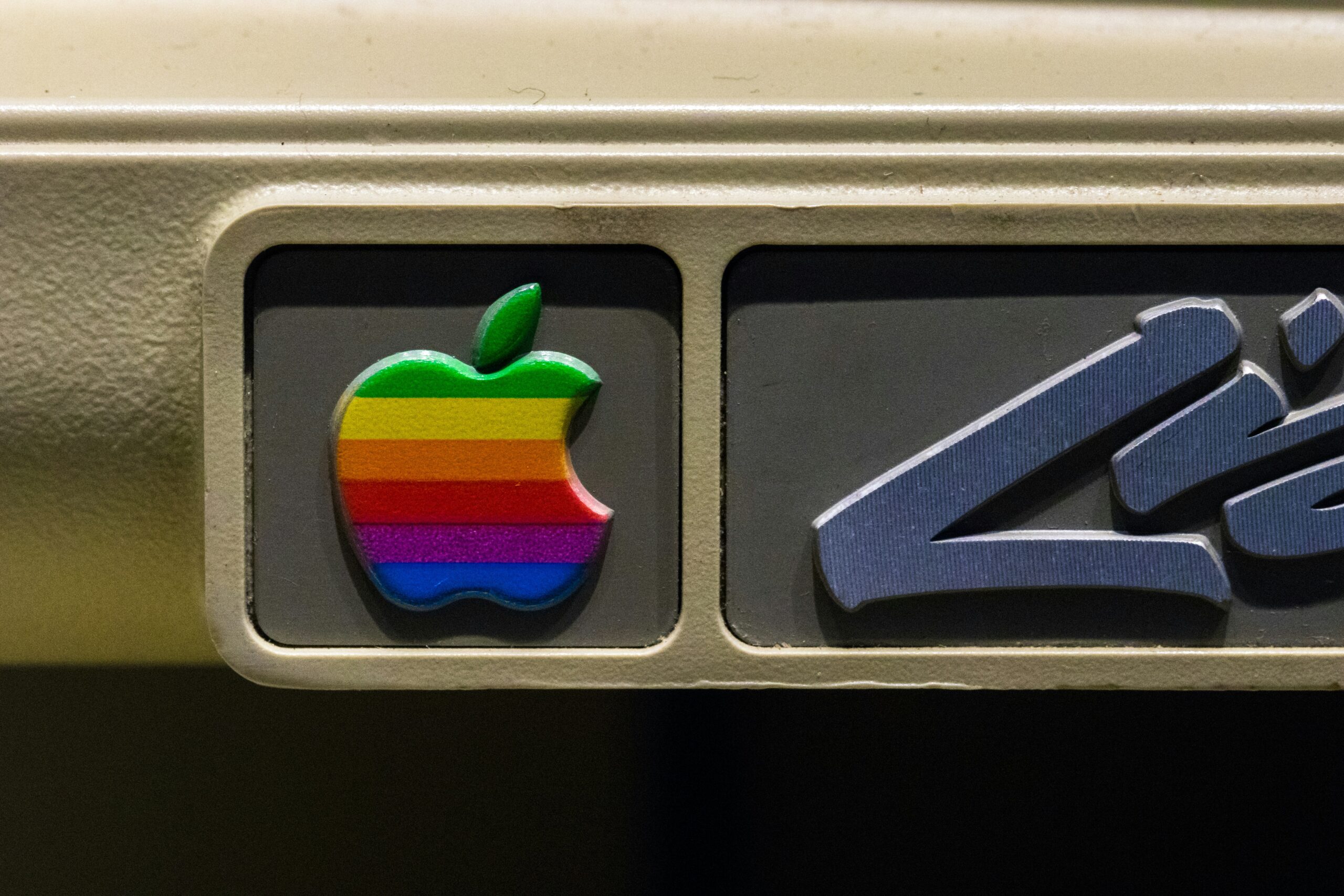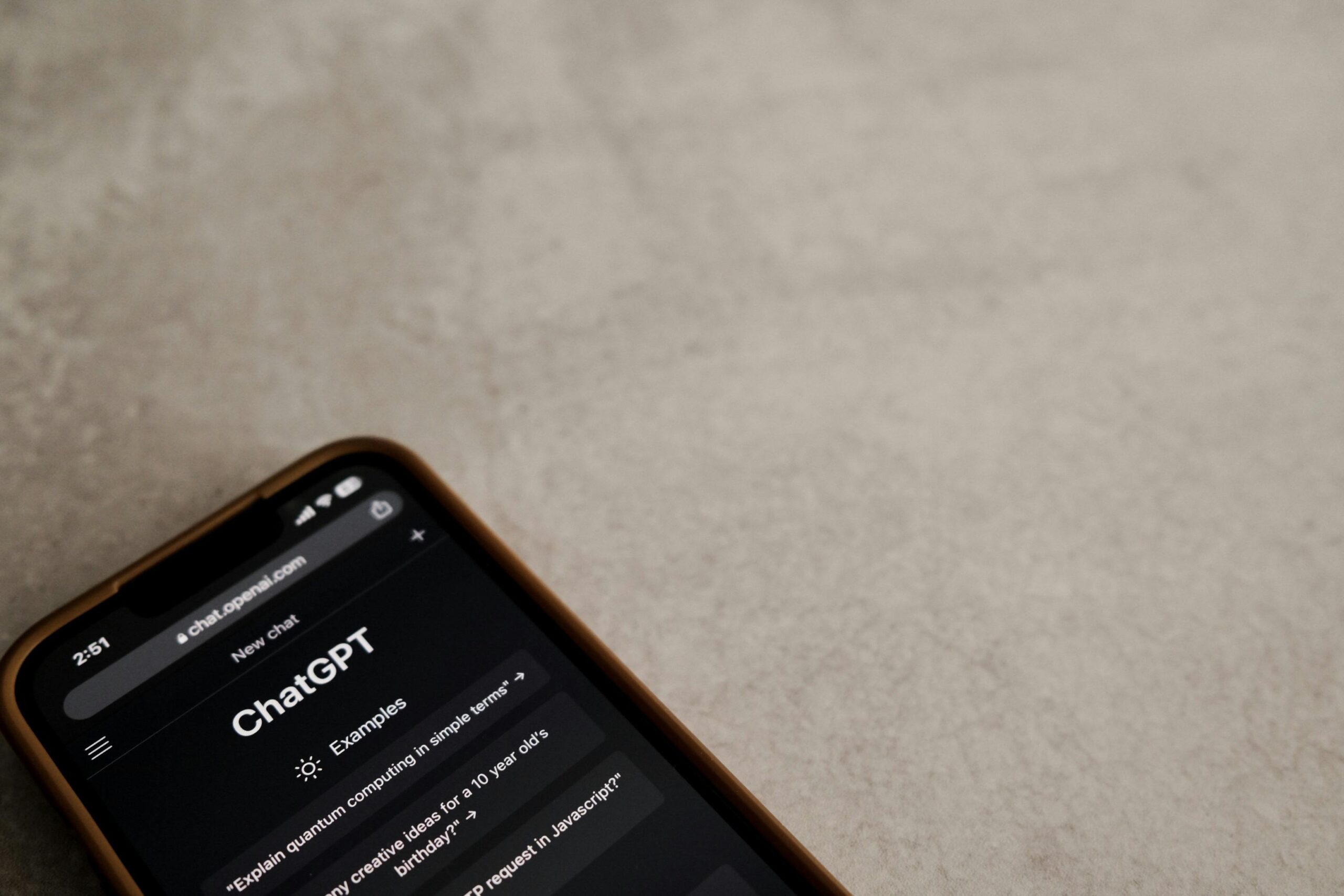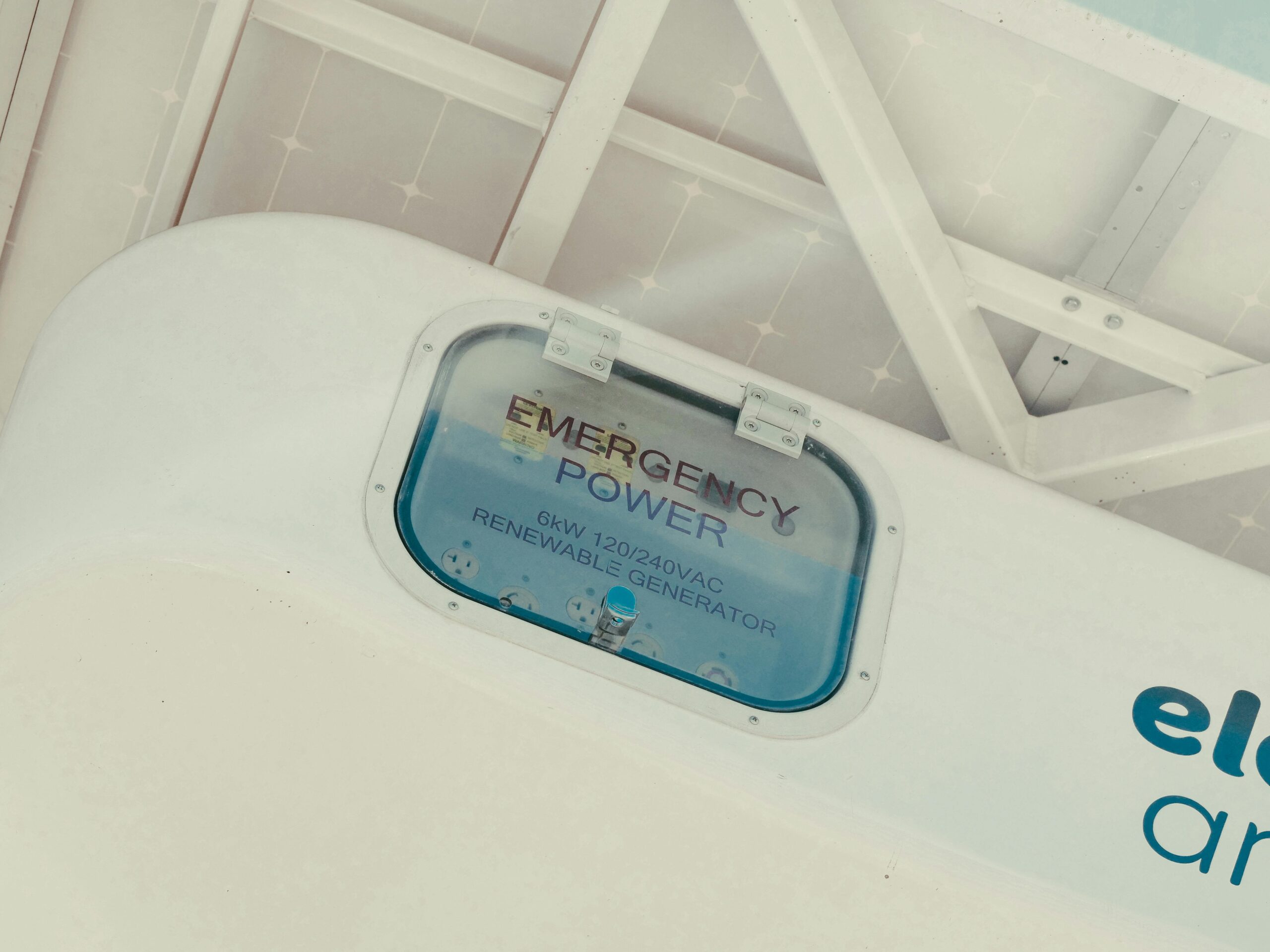 It was bold... It was cinematic... And according to Apple's board, it was a $1.3 million disaster...
It was bold... It was cinematic... And according to Apple's board, it was a $1.3 million disaster...
Executives at the burgeoning tech business had just watched the final cut of Apple's new Super Bowl commercial. The 60-second dystopian epic, directed by Blade Runner filmmaker Ridley Scott, was inspired by George Orwell's 1984.
To say it was unlike anything ever made for television would be an understatement...
There were no computers, no product shots, barely even a mention of what Apple was selling – the brand-new Macintosh line.
Instead, a nameless heroine sprinted through a bleak, totalitarian landscape before hurling a sledgehammer at a giant screen broadcasting propaganda. The tagline hit like a thunderclap...
On January 24th, Apple Computer will introduce Macintosh. And you'll see why 1984 won't be like "1984."
CEO John Sculley and founder Steve Jobs had expected excitement.
Instead, the Apple boardroom sat in stunned silence.
 The board saw the ad as confusing, self-indulgent... and worst of all, a colossal waste of money...
The board saw the ad as confusing, self-indulgent... and worst of all, a colossal waste of money...
"You're not really going to run that thing, are you?" one executive reportedly asked. Another suggested scrapping the campaign entirely and selling back the Super Bowl ad slot to recover some of the cost.
Apple had already spent $500,000 producing the ad – an unheard-of sum for a single commercial in 1983. Adding in the nearly $800,000 Super Bowl airtime, the company was set to spend around $1.3 million on a single minute of television.
Sculley was caught between his fiery young founder and an increasingly skeptical board. He soon caved to the pressure and ordered Apple's ad agency, Chiat/Day, to sell back the commercial time and cut their losses.
 Apple managed to sell back its 30-second slot...
Apple managed to sell back its 30-second slot...
But it was too late to unload the full 60-second spot. So on January 22, 1984, during the third quarter of Super Bowl XVIII, Apple's Orwellian ad ran.
And it stole the spotlight.
Viewers were stunned. NBC newscasters discussed the commercial that night. Newspapers wrote about it the next morning.
Phone lines at Apple headquarters lit up with folks asking where they could buy a Macintosh – a product they hadn't even seen yet.
By the time the dust settled, Apple had generated $150 million in Macintosh sales... all from a commercial that almost never aired. (If you're curious, you can watch it here.)
 Marketing experts hailed '1984' as a revolution in advertising...
Marketing experts hailed '1984' as a revolution in advertising...
It redefined how companies could sell products – not with features and specifications, but with stories and emotion.
The ad became a case study in how bold, creative marketing can transform a company overnight.
That's the power of advertising. It doesn't just sell products. It shapes industries.
Today, we're in the midst of another advertising transformation... the digital ad revolution.
Today's advertising landscape looks very different from the 1980s. Using vast amounts of data, companies can now target their ads to specific audiences – those most likely to buy.
 That approach is exactly what drew us to AppLovin (APP) in June 2024...
That approach is exactly what drew us to AppLovin (APP) in June 2024...
AppLovin used to make most of its money from mobile ad revenue... think the 30-second ads in games like Clockmaker or Solitaire Cruise.
But last year, it was in the early stages of an AI transformation.
The company was using AI to improve its ad software platforms. Its new tools could give clients incredible insights and data on their ad campaigns... so they could alter them for the best possible results.
AppLovin's software segment had grown nearly 10-fold in just four years. The market was catching on fast.
We recommended the stock in our Hidden Alpha advisory at the start of June 2024. Subscribers who followed our advice were sitting on a double by October. Two months later, shares had doubled again.
 AI is finally doing what advertisers always hoped technology could...
AI is finally doing what advertisers always hoped technology could...
For years, digital ads promised to reach the right people at the right time. But all too often, they missed the mark.
Now, companies can predict what customers want before they ask for it. They can detect when someone's ready to buy a pair of sneakers or download a new game. And they can show the perfect ad in that moment.
The results speak for themselves. This may be the biggest leap in advertising since the dawn of television.
The companies helping brands capture an audience will rise to the top... fast.
Regards,
Joel Litman
November 13, 2025
P.S. AppLovin is well above our recommended buy price these days. But our Hidden Alpha model portfolio has plenty more opportunities...
In fact, we just recommended one of tech's "fallen angels" – a left-for-dead chipmaker that's getting a second chance at life.
Two promising deals could soon return this business to its former glory. And we plan to be there when investors come to their senses.
Subscribe for 84% off right here (limited-time offer).



 It was bold... It was cinematic... And according to Apple's board, it was a $1.3 million disaster...
It was bold... It was cinematic... And according to Apple's board, it was a $1.3 million disaster...

